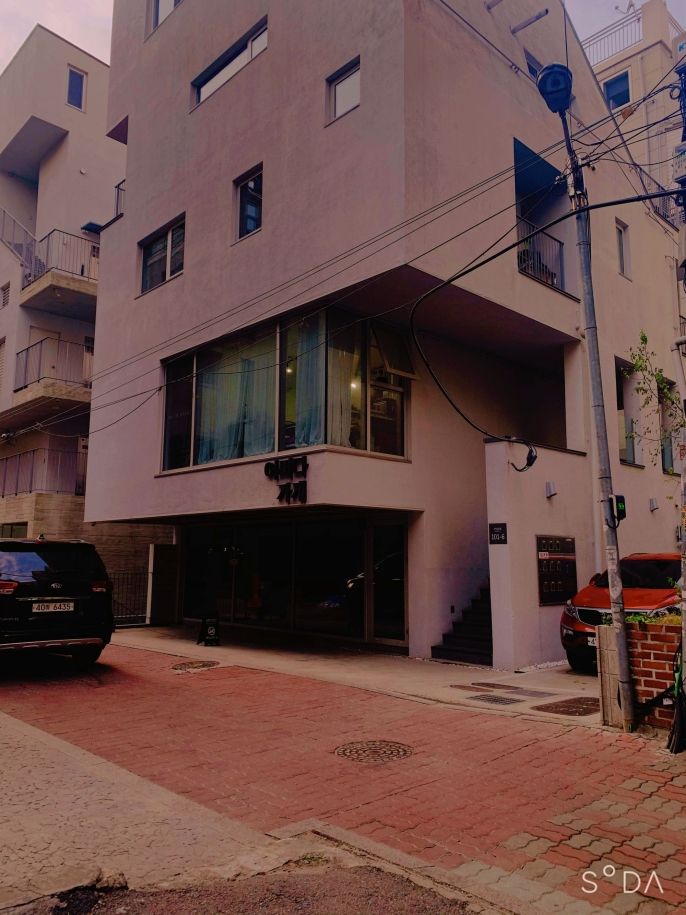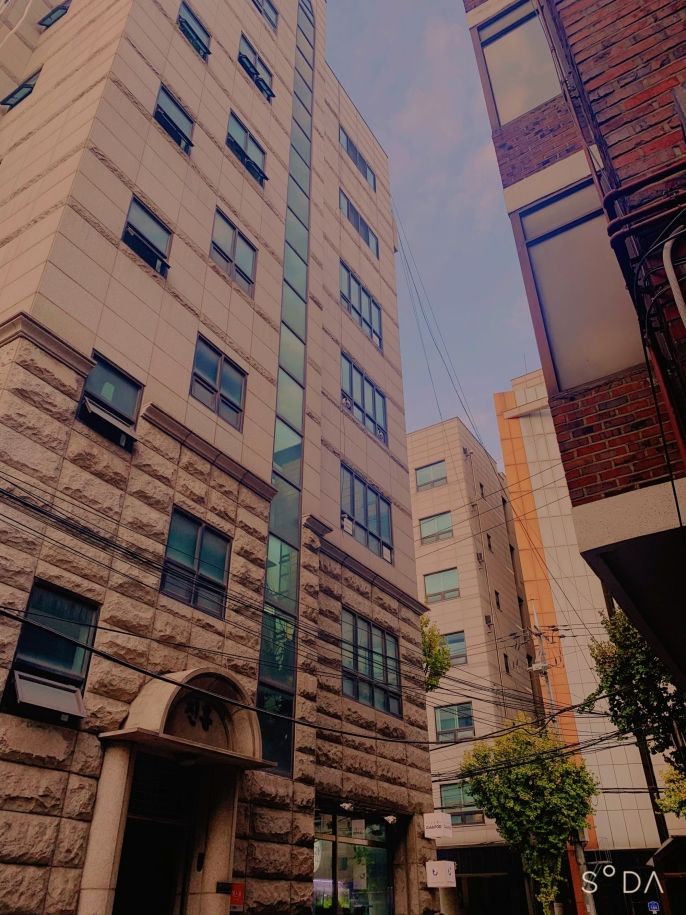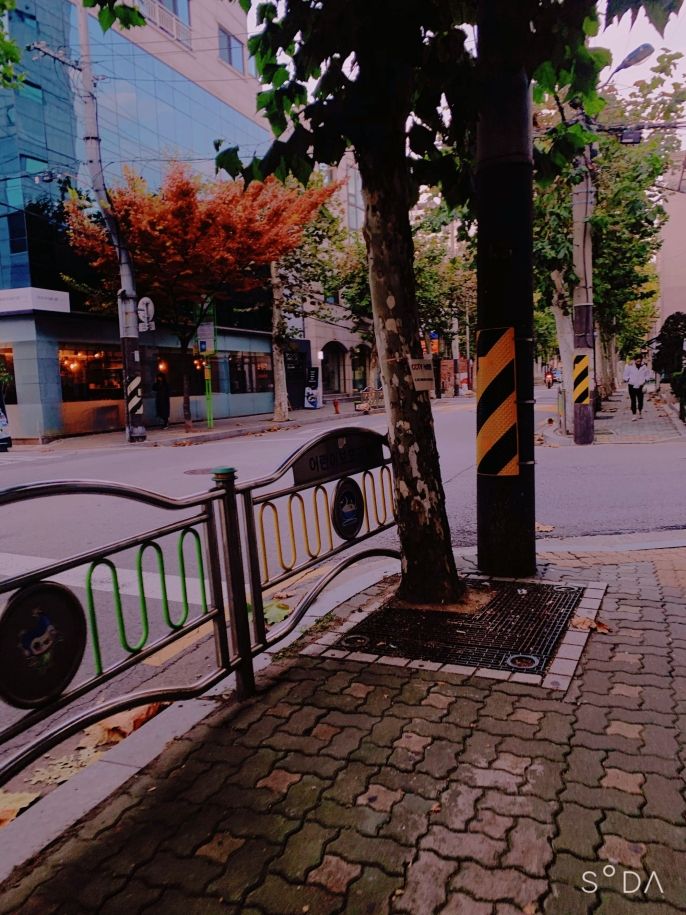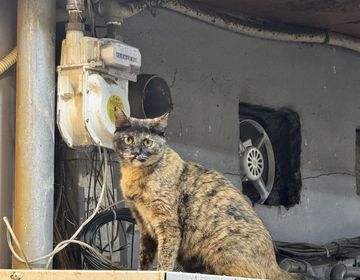Queer Identity in Korea
In Western queer studies, queerness can often be defined as identities that expand beyond cisgenderism, heterosexuality, and whiteness. Therefore, I was initially attracted to modern Korean society because of how Korea has been read in Western media as queer. There are simply aspects that are a part of Korean culture, such as skinship, which are not normalized in Western society. In understanding my ability to express different modes of femininity and masculinity, I have often reflected on the gender presentation of cisgender Korean men in Korean media, which is undoubtedly feminine through a Western lens. Perhaps, in having this mode of representation of feminine men as “normal”, I found it more acceptable to present femininely.
Before I left to study in Korea, I joked with a friend of mine who’s trans that they would be the last trans person I would see for the next ten months. I talked to my study abroad advisor about being abroad as a queer student, and came to the general consensus that while a part of me wants to value queer community, it’s never been a necessity for me to thrive socially, and was something I was willing to sacrifice in order to have new experiences in Korea. This was a major resolution, as for a period of my life mainstream media made me fear leaving North America for my safety as a trans person. I had failed to take into full consideration my privilege as a white trans person, and my ability to assimilate more based on my current mode of gender presentation.
Nonetheless, I agreed to study abroad without the guarantee that I would meet anyone who was openly queer while in Korea — though queer people definitely, 100% do exist in Korea, just not necessarily in the way that we are used to, as it is “safer” to be queer in the US — and that was okay.
Thankfully, I was wrong. I’ve found myself surrounded by queer people and allies alike.
It seems as though queer Westerners have been attracted to Korean culture. Forms of intimacy and gender presentation which are immediately deemed queer in the US are normalized here. For example, it’s not uncommon to see two girls holding hands on the street, and men can go as far as to sitting on one another’s laps or cuddling and caressing one another. Men are just as in touch with their appearance as women, and articles of clothing are far less gendered. For the other queer students I’ve met studying in Korea, these are aspects of Korean society that are positive models of human relationships and relationships with the self, which are unacceptable in the West.
In a sense, being queer has allowed me to exist in Korea easier than I have back home. In the US, I’m used to being stared at by random people in public. It’s easier to understand stares in Korea as being the result of my foreign identity, or possibly just my tattoos and piercings, rather than a direct link to my transness. Being white in Korea is a major privilege, which is perhaps why I feel much safer being looked at by a Korean person than a white person in the US. Ultimately, any non-normative aspects of my identity can be understood as Western, rather than a more honed in on transness.
From my understanding after talking to several Koreans about this, not every Korean knows what transgender means, though Korean queer communities do exist. When it’s come up among Korean friends, they say that they have never met a gay person before. Interestingly enough, this is a similar line of dialogue that exists in the West. However, it seems as though Korea has an extensive amount of knowledge on the West — they’re clued into American pop culture and politics, the language barrier playing less of a role in their ignorance than one might assume — but their knowledge of Western culture exists in a filter.
From my perspective, Korean gender is separate from Western gender. There are plenty of Korean women who present masculinely and due to their features, could easily pass as male. Or, their presentation goes as far as their gender is completely ambiguous, and it’s only through the gendered titles of noona and unnie that one can decipher their gender. For me, this normalizes alternative modes of gender presentation, which is incredibly valuable for trans people to experience.
While I don’t feel like gender here is more overbearing than it is in the US, Korea is a conservative society that values the institution. For instance, our dorm SK Global House divides its floors by gender. Past 11pm, we aren't allowed onto the other gender’s floors, making it difficult to hang out in a domestic setting with friends of the other gender. At the same time that I live on a men’s floor, the ambiguity of my gender presentation sometimes makes it just as easy for me to belong on a women’s floor. I feel similarly when it comes to which bathroom I should use. In a twisted and comical way, my ability to blend into both settings is a privilege.
My final comment on this is that while Korea does have gendered titles to reinforce a hierarchy, Korean is not as much of a gendered language as English. Therefore, the Koreans I’ve met who are still learning English have no issue using the correct pronouns. If anything, the lack of a pronoun equivalency in the Korean language facilitates their ability to use pronouns flexibly, as they hold less of a socially ingrained meaning to them.
From being here, I’ve learned that understanding the social climate of another culture cannot be done through blanket generalizations. Navigating the gendered aspects of Korean society requires both my recognition of flaws within Korea’s understanding of queerness, and my acceptance of Korea as a society external from my own. Above all else, it’s hard for me to ever fully comment on Korean queerness, as I am not Korean and have only been living here for three months. Seoul, if anything, is a more liberal area of Korea, as its full of college students with more knowledge on modern social issues than the older generation. I merely hope that in the future queer Koreans can safely comment more on their experiences and share them internationally. I would love to see queerness continue to be redefined as being more than just the currently popularized Western model.
Related Posts
A Weekend in Seoul: Pajeon and Makgeoli, Gyeongbokgung, Yukhoe
A delightful weekend adventure in Seoul, featuring indulgent culinary experiences, exploration of historical landmarks, and cherished moments of friendship.
A Weekend in Daegu
This weekend I went all the way to Daegu to see the Daegu Hip Hop Festival. So let me tell you a little bit about how it went. So first... keep reading
Sometimes, You Should Just Take A Moment
Now that we are in May, I thought I would just take a quick moment to reflect on my time here so far. I just wanted to take a moment... keep reading




